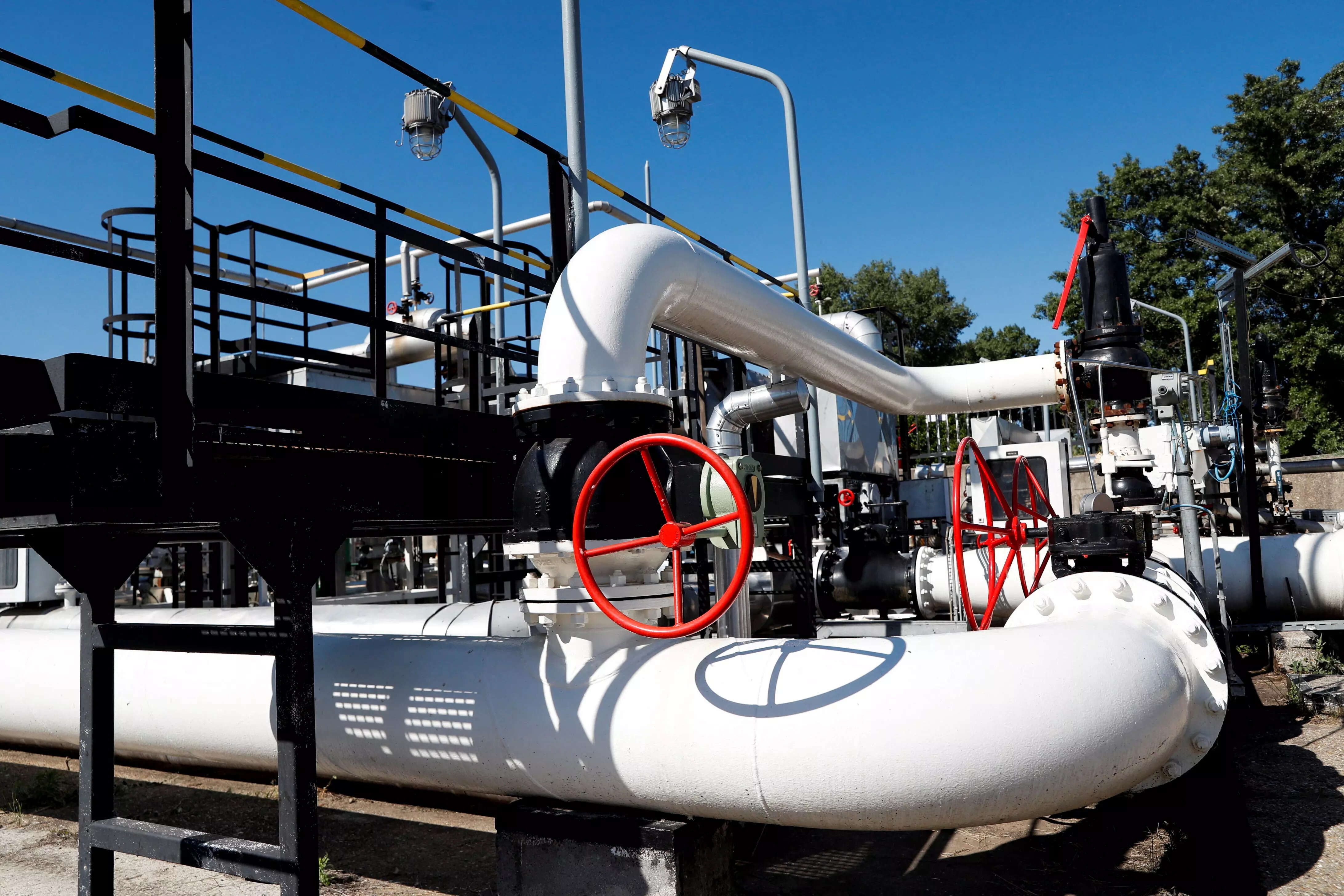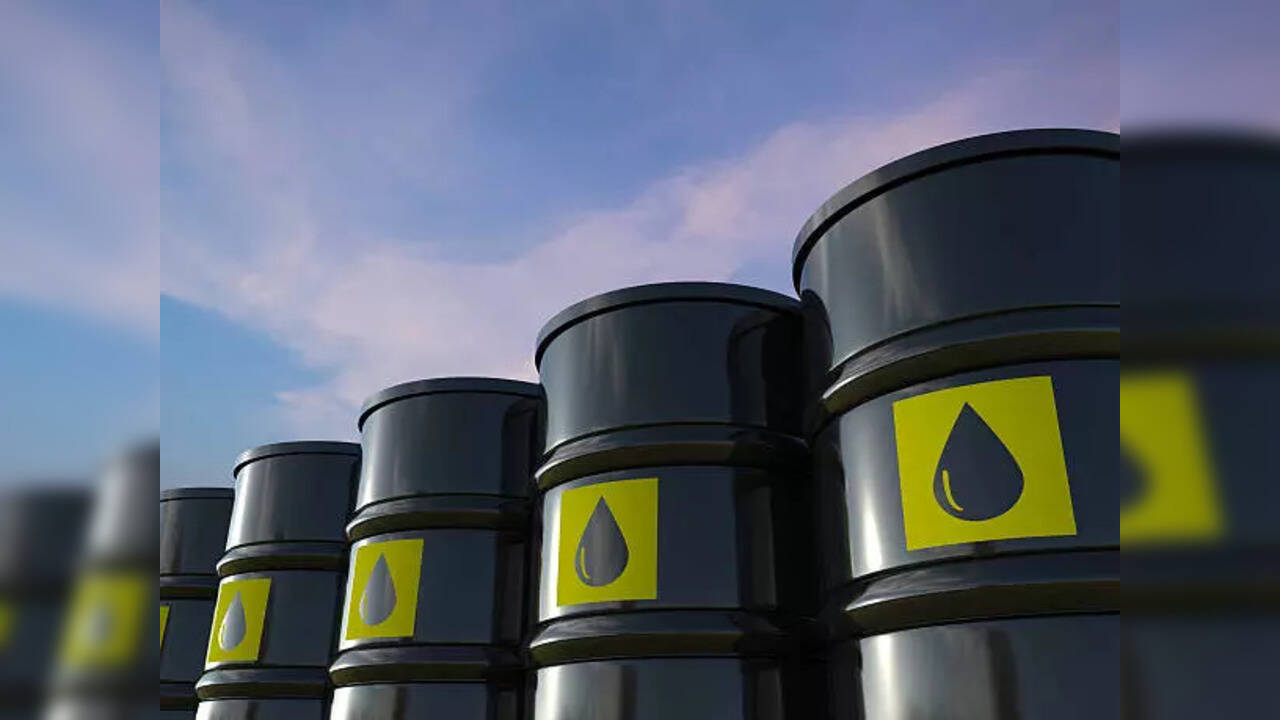Time to ease sanctions on US enemies to fight rival Russia?
Russia currently supplies 27% of the oil imported from the EU and 40% of its gas, which has not yet been sanctioned. Europe’s $430 billion-a-year oil bills partly pay for Russia’s devastating war in Ukraine.
However, Europe must find quick alternatives to Russian energy at a time when stifled supply chains have created shortages around the world and sent oil prices skyrocketing.
Related News

EU accepts Russian oil ban after compromise: is it feasible?
The United States, which is the largest oil producer in the world, consumes the oil that it drills on its territory. However, here too, oil producers had cut supply drastically with the onset of Covid and are not yet inclined to increase production for various reasons, and so the price at the pump is eating away at household budgets. The United States is also approaching an election cycle and the war in the Black Sea region is unlikely to abate.
In such a context, and in the midst of growing global and national pressure, the American president must go and buy oil from adversaries who have so far been sanctioned.
For India, Venezuela and Iran were important trading partners before Western sanctions dried up their supply. The two nations are among those with the largest oil reserves in the world.
Oil Minister Hardeep Puri had said in a response to the Rajya Sabha in March: “We hope and expect that oil, not only from Venezuela, but from other countries under sanctions, will become available. I am hopeful that we will all collectively use our leeway…to ask the international community to make more oil available, including from Venezuela.”
In the absence of alternatives, India is buying Russian oil at a discount, a move that has made the West unhappy even though India remains at the bottom of the list of importers of Russian crude despite increasing its consumption.
However, Iran and Venezuela have been adversaries of the United States and reaching an agreement with them will be difficult for Biden because most Republicans and even some Democrats are opposed to normalizing relations with these countries without commitments or guarantees on Iran’s uranium enrichment or Venezuela’s democratic reforms.
Additionally, Venezuela, which has the world’s largest oil reserves and was once a major exporter to the United States, may not be able to rapidly increase exports as sanctions have crippled its oil industry.
Although talks on a nuclear deal with Iran are deadlocked, a deal could see Iran export more than 500,000 barrels of oil a day. Reports also indicate that Iran has a ready-to-ship stockpile of around 100 million barrels.


Comments are closed.